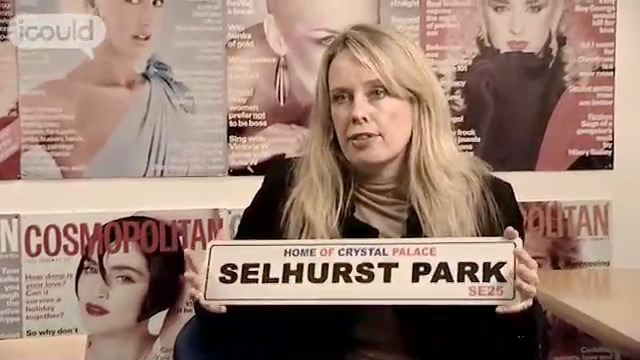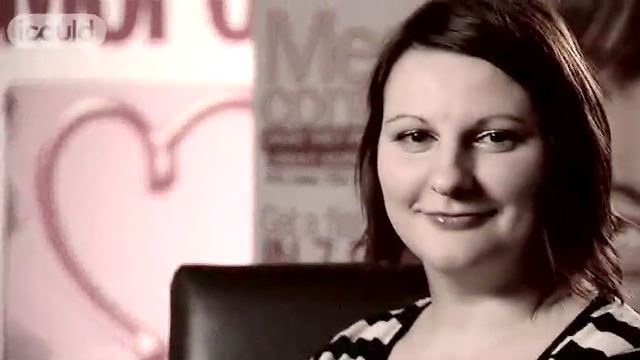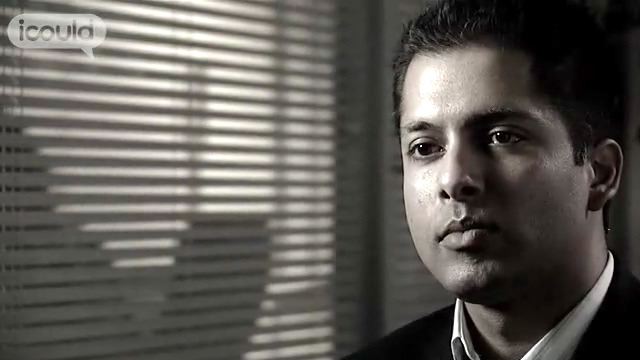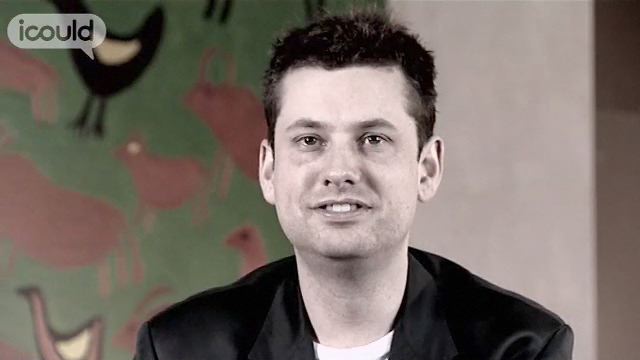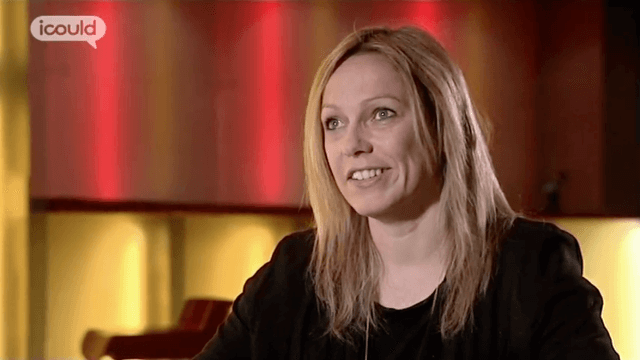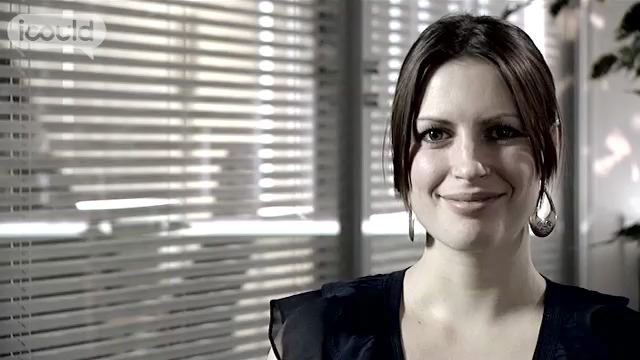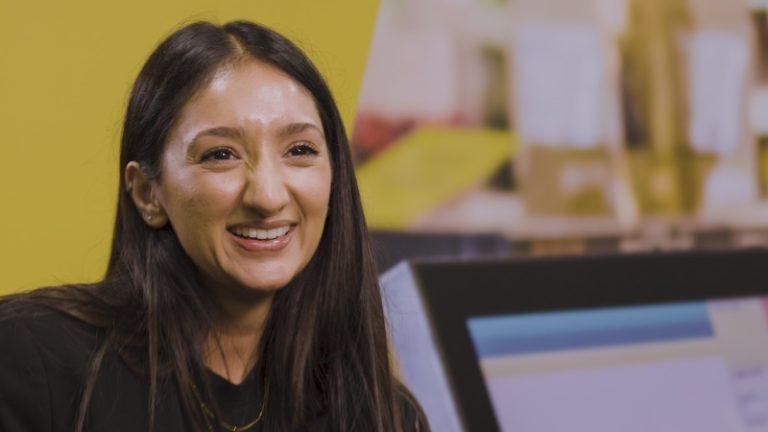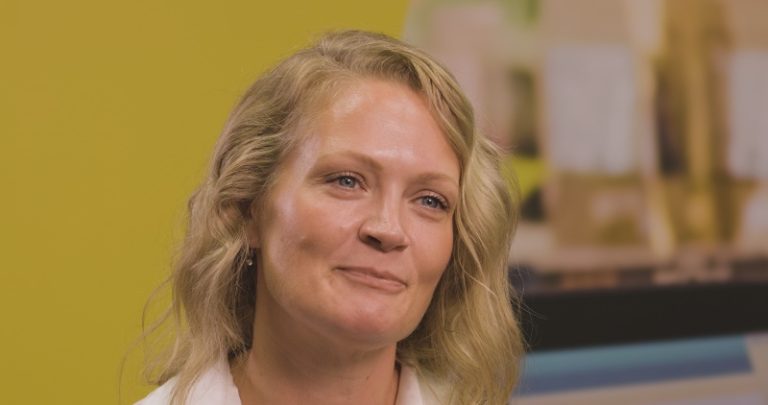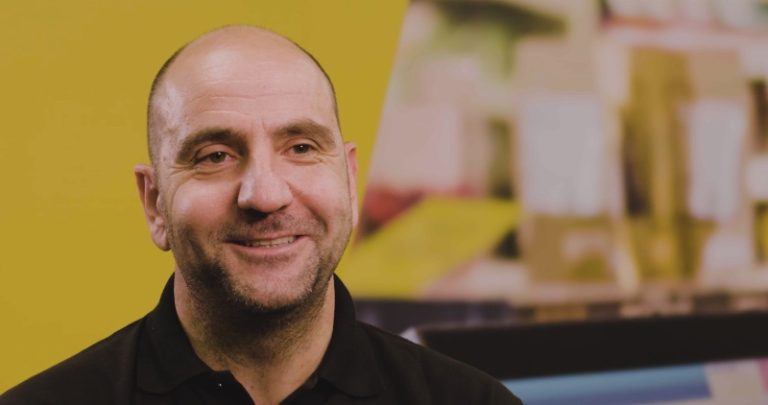Editor
Cosmopolitan
Louise C
My name is Louise C, I’m the editor of Cosmopolitan magazine, and that’s what I do. At the end of the month I can say ‘I did this. I made this. This is’… I’m not just typing things up, or doing spreadsheets that go into some infinite system somewhere. There is a real tangible thing of ‘yes, that’s what I did.’ You’re dealing with a variety of different things.
00:00:31 So one minute you’re looking at beautiful clothes, looking at lots of lovely lipsticks, and make up, the next you’re having a very in depth talk about sexual relationships, and then the next minute you’re dealing with somebody’s real life story that has been very momentous for them, and actually I can guarantee will have a big effect on you when you read it because they have just triumphed over the odds.
00:01:00 My father is a newspaper journalist, so he really wanted me to be a journalist, so of course at that point I decided there was no job in the world I’d least want to do than be a journalist because that’s of course what he wanted me to do. So then I decided I wanted to be a teacher and never actually went on to do that. I did, as a compromise with my father, a year’s journalism course, after which I was going to go to university and teach, but of course once I’ve started doing that journalism I realised that I loved it and this was what I wanted to do for the rest of my life.
00:01:33 I think my dad thought I’d be quite a good journalist, so I think that’s why he encouraged me, and he’s had a ball doing it, you know, travelled the world, met lots of interesting people. My father might possibly have been right, but don’t tell him.
00:01:52 I did a year’s journalism training, and then you were expected to go and work on a local paper for a couple of years where you got your indentures. And your indentures are like a qualification, so it’s like officially becoming a plumber or an electrician, you know, it meant you’d passed shorthand, law, public administration, which is, sort of, how local council is run, and national government runs, and then I went to work on another paper in Surrey, and then I started shifting on national newspapers.
00:02:26 So I went freelance, and then you’d either do daytime shifts or night time shifts because newspapers have to really operate on a twenty-four hour basis. Then I finally got a job.
00:02:41 I mean, if you want to work in magazines or newspapers, trying to get work experience I know is very hard. We get so many letters every week that, sadly, we just can’t accommodate them. But if you can get experience doing stuff on papers, it’s just understanding how the industry works and it will make your CV stand out more, and also this is an industry that’s about contacts. You get to know people, and they get to know you, and you can get recommendations.
00:03:15 For my sins, I’m a Crystal Palace fan, and so I was given this when I left my last job, before starting at Cosmopolitan, because they thought it would be quite funny to have that in a magazine office that’s about fashion, beauty, and relationships. It’s not really about football. The two best moments of my life were giving birth to my children – okay, three best moments – giving birth to two children, and when we won the FA semi cup final against Liverpool and thought we were going to Wembley and possibly Europe. We went to Wembley, Europe didn’t happen, but you’ve got to keep your dreams. ENDS
Louise C is Editor of Cosmopolitan magazine: “one minute you’re looking at beautiful clothes, looking at lots of lovely lipsticks and make up, the next you’re having a very in depth talk about sexual relationships.” Her father wanted her to be a journalist… and she found out that he was right.
More information about Librarians
The UK average salary is £29,813
There are 37.5 hours in the average working week
The UK workforce is 47% female and 53% male
Future employment
- Selects and arranges for the acquisition of books, periodicals, audio-visual and other material
- Collects, classifies and catalogues information, books and other material
- Prepares and circulates abstracts, bibliographies, book lists, etc.
- Identifies the information needs of clients, seeks out and evaluates information sources
- Establishes information storage systems to deal with queries and to maintain up to date records
- Manages library borrowing and inter-library loan facilities
- Promotes library services through displays and talks
- Provides learning and cultural experiences through events such as author talks, reading groups, formal and informal teaching
